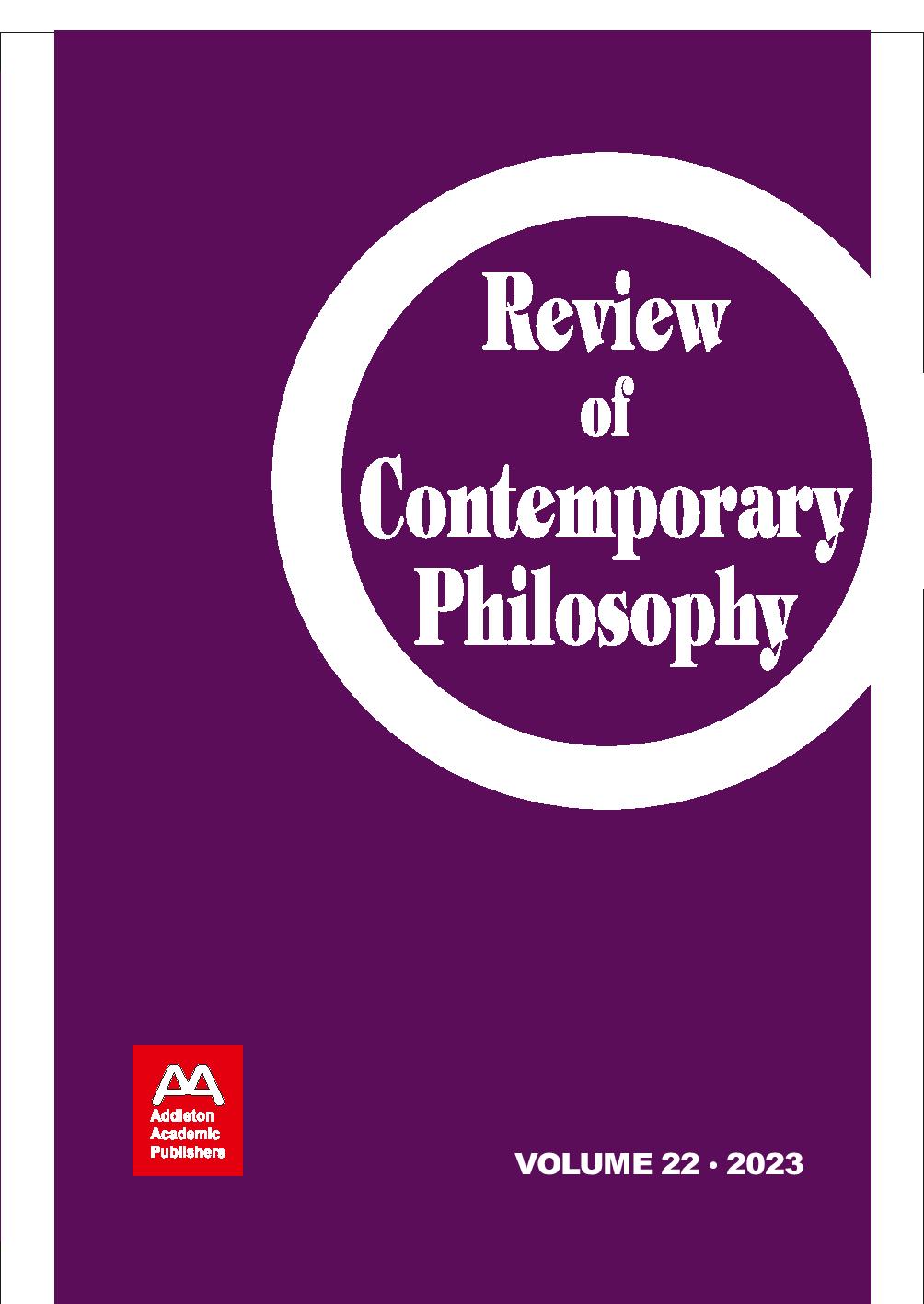Immersive Extended Reality and Sensor-based Object Recognition Technologies, Socially-oriented Location Tracking and Simulation Modeling Tools, and Artificial Vision and Haptic Augmented Reality Systems
in the Metaverse Interactive Environment
Immersive Extended Reality and Sensor-based Object Recognition Technologies, Socially-oriented Location Tracking and Simulation Modeling Tools, and Artificial Vision and Haptic Augmented Reality Systems
in the Metaverse Interactive Environment
Author(s): Marián Grupač, Andreea-Elena NegoianuSubject(s): ICT Information and Communications Technologies
Published by: Addleton Academic Publishers
Keywords: immersive extended reality; sensor-based object recognition technologies; socially-oriented location tracking; simulation modeling tools; artificial vision; haptic augmented reality systems; metaverse
Summary/Abstract: The objective of this paper is to systematically review autonomous visual object detection and digital twin modeling tools, cognitive decision-making and bio-inspired computational intelligence algorithms, and metaverse and immersive technologies. The findings and analyses highlight that real-time event and big geospatial data analytics, emotion detection and recognition technologies, and socially-oriented location tracking and simulation modeling tools enable 3D virtual environments. Throughout May 2023, a quantitative literature review of the Web of Science, Scopus, and ProQuest databases was performed, with search terms including “the metaverse interactive environment” + “immersive extended reality and sensor-based object recognition technologies,” “socially-oriented location tracking and simulation modeling tools,” and “artificial vision and haptic augmented reality systems.” As research published in 2022 and 2023 was inspected, only 175 articles satisfied the eligibility criteria. By taking out controversial or ambiguous findings (insufficient/irrelevant data), outcomes unsubstantiated by replication, too general material, or studies with nearly identical titles, we selected 37 mainly empirical sources. Data visualization tools: Dimensions (bibliometric mapping) and VOSviewer (layout algorithms). Reporting quality assessment tool: PRISMA. Methodological quality assessment tools include: AMSTAR, Dedoose, Distiller SR, and SRDR.
Journal: Review of Contemporary Philosophy
- Issue Year: 2023
- Issue No: 22
- Page Range: 226-243
- Page Count: 18
- Language: English
- Content File-PDF

